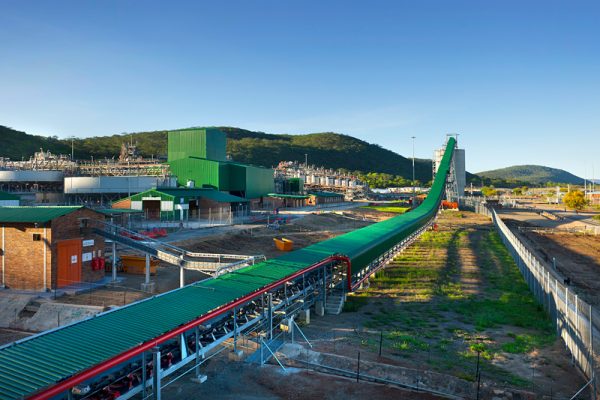Miners demand an upward review of forex retention to 80%

Large scale mining companies have said that foreign exchange retentions at 60% are inadequate to meet their operational requirements with the value of surrender potion that is liquidated into local currency at the official rate being ordered by the parallel market rate being charged by most suppliers.
Vongai Mbara
This was raised at the 2021 state of the mining sector report by the Chamber of Mines Zimbabwe. In the report, miners said they are losing 20% gross export proceeds due to exchange rate disparities.
“We have been asking for the increase of the foreign currency retention levels to above 60% and decrease of the forex surrender requirement but to date, nothing has been done. What we are now asking is for the RBZ to allow us to pay electricity, levies, taxes and royalties with the liquidated portion at a prevailing official market rate.”
Miners highlighted that the 60% retained catered for royalties, electricity bills, taxes and some statutory obligations in forex as well as the widespread preference for US$ by suppliers.
This comes at a time where miners are struggling to access foreign currency from the forex auction system with their bids rejected on the basis that they are net exporters.
“Most respondents are expecting the Chamber to engage authorities to improve the forex situation. Respondents are also looking forward to the government allowing them to pay for royalty, electricity, taxes and other statutory obligations indicating the value of the surrender portion that is liquidated into local currency,” reads part of the report.
According to the report, the miners indicated that the value of the surrender portion that is liquidated into local currency at the official auction-rate has been significantly eroded on the back of the parallel market which is used for pricing goods and services by local suppliers.
“To restore the value of the surrendered portion, respondents are looking forward to authorities to allow mining companies to pay taxes, royalty, electricity and other statutory obligations in local currency and pricing of taxes, fees and charges at the obtaining auction market rates,” the report said.
The miners said authorities should ensure that the auction market is driven by forces of demand and supply to dictate the exchange rate.
The miners are expecting the foreign exchange framework to remain suboptimal citing the reduction in foreign currency retention levels, the disqualification of mining companies from participating in the auction market, loss of value on the surrendered portion of export proceeds and delays in payments for mineral deliveries as undermining the foreign exchange situation for the mining industry.
They said Rural District Councils (RDCs) charges are high, unaffordable and vary with the district and some councils were invoicing miners in foreign currency.
In the outlook, mining executives are looking forward to the government intervention in unifying the charges for RDCs and expect the charges to be paid in local currency.
According to the report, mining executives said the Environmental Impact Assessment fee at 1.2% of project cost with a cap of US$2m is prohibitive for new projects and discourages investment into the mining sector.
In 2022, almost all respondents expect the government to reduce the fee in line with best practices.
Miners’ engagements with the monetary authorities on the matter are ongoing but the Chamber said the RBZ governor John Mangudya still sticks with his Monetary Policy Statement stance.
Last year, the Reserve Bank of Zimbabwe reviewed the forex retention to 70% from 55% as part of efforts to increase production.
In the report, the miners indicated that the foreign exchange retention at 60% was inadequate to meet their operational requirements.
However, the need to fund the forex auction system has pushed the monetary authorities to increase the export surrender requirement to 40% from 30% and the move has left miners short of requirements.
RBZ said it would maintain and sustain the auction system through the 40% export surrender requirement, 20% domestic foreign exchange sales surrender requirement and 15% foreign exchange contribution from the fiscus.
RBZ said maintaining the exchange auction system remains paramount in anchoring inflation and maintaining price and financial system stability.
The apex bank said it will continue refining the foreign exchange auction system taking into account fundamentals as well as closely monitoring the utilisation of funds.
The RBZ’s bid to stabilise the auction system has negatively affected the mining sector as the capital for production will be used to sustain the market.
Zimbabwe is in a serious fix over how best the authorities can deal with forex backlog, stabilise the exchange rate and address the forex challenges.
Miners said these are the issues that they have been grappling with over the last decade.
However, the RBZ said some issues will be addressed in due course to improve production levels.
The central bank expects mining export receipts to go up 20% to US$4.4bn from US$3.65bn due to firming international prices and improved mining policies.


